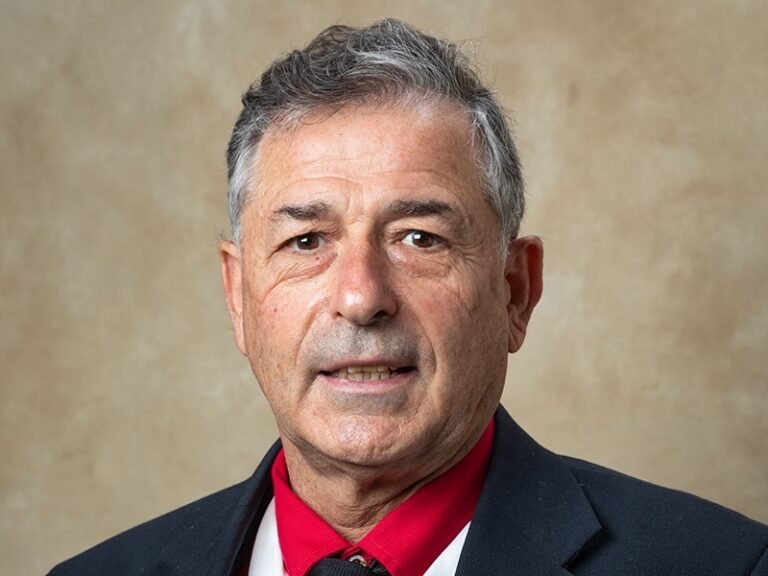Juan Balda, professor emeritus {of electrical} engineering and pc science on the U of A, is the recipient of the 2025 Institute of Electrical and Electronics Engineers Energy & Vitality Society Nari Hingorani Customized Energy Award.
The award acknowledges people who made main contributions to the development and software of customized energy applied sciences. The award is called in honor of Narain Hingorani, a pioneer in energy electronics and versatile alternating present transmission programs.
“Once I first obtained the announcement, it was a shock,” Balda mentioned. “I am completely satisfied, however these awards actually characterize a workforce effort. I despatched a message to my former doctoral college students who helped me alongside the way in which as quickly as I obtained the e-mail.”
Balda mentioned, “I’ve constantly centered on this matter from 1990 to mainly once I retired in July 2023, however my graduate college students deserve this award as a lot as I do.”
Balda served as head of the Division of Electrical Engineering for 13 years throughout his 34-year tenure on the U of A.
He added, “My college students spent lengthy days engaged on these prototypes, ensuring that they work. They bought their levels; they’re working within the trade, however now they see that their effort was not in useless.”
Balda mentioned receiving the award is very significant, contemplating that he began to learn Hingorani’s papers on versatile alternating present controllers when he started working on the college in 1989.
He additionally credited the Nationwide Middle for Dependable Electrical Energy Transmission with enabling real-world testing that few establishments can match.
“Having a check facility like NCREPT allowed us to do this testing,” Balda mentioned. “It’s totally troublesome for many universities to have a facility for high-power and high- and medium-voltage testing. In simulations, you are in a managed setting; you begin experiencing nonlinearities you simply do not see in software program.”
Balda additionally acknowledged the Excessive Density Electronics Middle for enabling the event of medium-voltage prototypes.
“Energy modules based mostly on silicon carbide units have been designed, constructed and examined there,” he mentioned. “NCREPT then enabled us to check these medium voltage prototypes. Few universities have such capabilities, so the fabrication and testing amenities on the College of Arkansas have been important for our accomplishments within the broad space of customized energy.”
Balda will probably be formally acknowledged on the IEEE Energy & Vitality Society Basic Assembly, held July 27-31 in Austin, Texas. He’ll obtain a medal and plaque.

